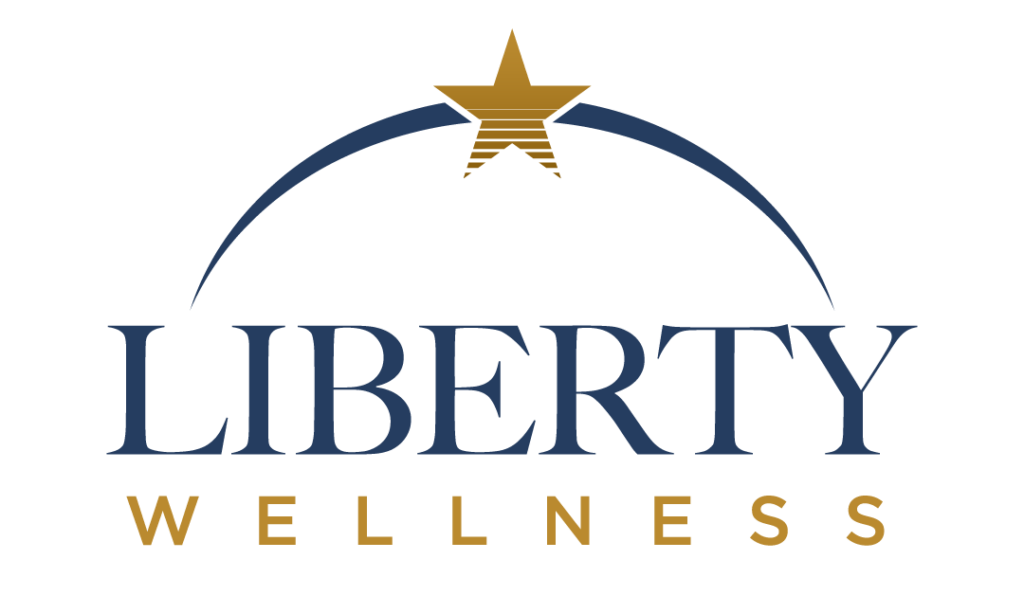 Introduction to the Economics of Addiction:
Introduction to the Economics of Addiction:
Addiction is a multifaceted issue that not only affects individuals and their families but also carries significant economic implications for society as a whole. The Economics of Addiction encompasses the financial burdens associated with substance abuse, including healthcare expenses, lost productivity, criminal justice expenditures, and social costs. In this comprehensive exploration, we delve into the Economics of Addiction, uncovering its costs, consequences, and the vital importance of addressing this issue from both humanitarian and economic perspectives.
The Financial Burden:
The financial burden of addiction is staggering, reaching into the billions of dollars annually. According to the National Institute on Drug Abuse (NIDA), substance abuse costs the United States over $600 billion each year in healthcare expenses, lost productivity, and criminal justice costs. This includes expenses related to medical treatment for addiction, emergency room visits due to overdoses, and the enforcement of drug-related laws.
Healthcare Costs:
One of the most significant economic consequences of addiction is the strain it places on healthcare systems. Individuals struggling with addiction often require medical treatment for both acute and chronic health conditions resulting from their substance abuse. This includes expenses related to hospitalizations, doctor visits, medications, and specialized addiction treatment programs. Additionally, addiction increases the risk of infectious diseases such as HIV/AIDS and hepatitis, further adding to healthcare costs.
Lost Productivity:
Addiction can have a detrimental impact on workforce productivity. Substance abuse impairs cognitive function, diminishes concentration and decision-making abilities, and increases absenteeism and presenteeism (being present at work but not fully functioning). This leads to decreased productivity levels among individuals struggling with addiction, as well as their colleagues who may be affected by the consequences of their substance abuse. Lost productivity due to addiction costs businesses billions of dollars each year in the form of decreased output and increased healthcare expenses.
Criminal Justice Expenditures:
The criminalization of drug use and possession also contributes significantly to the economic burden of addiction. Drug-related offenses clog the criminal justice system, leading to increased expenditures on law enforcement, court proceedings, and incarceration. Moreover, individuals with substance use disorders are more likely to engage in criminal behavior to support their addiction, further exacerbating the strain on the criminal justice system and imposing additional costs on society.
Social Costs:
In addition to the direct economic consequences, addiction imposes numerous social costs on communities and individuals. These include the breakdown of families, increased rates of homelessness, child welfare interventions, and reduced quality of life for affected individuals and their loved ones. The ripple effects of addiction extend far beyond the financial realm, encompassing emotional, psychological, and societal dimensions.
Addressing the Issue:
Addressing the Economics of Addiction requires a multifaceted approach that combines prevention, treatment, and harm reduction strategies. Investing in evidence-based prevention programs aimed at reducing substance abuse initiation among youth can help mitigate the long-term economic costs of addiction. Additionally, expanding access to affordable and comprehensive addiction treatment services can reduce healthcare expenditures and improve outcomes for individuals struggling with addiction.
Furthermore, shifting towards a public health approach to drug policy, rather than a punitive one, can help alleviate the burden on the criminal justice system and redirect resources towards prevention and treatment initiatives. Investing in community-based programs that provide support and resources to individuals in recovery can also help reduce relapse rates and improve overall well-being.
The Economics of Addiction, the Conclusion:
The Economics of Addiction represent a significant challenge for societies around the world. The financial costs, coupled with the social and human toll, underscore the urgent need for comprehensive solutions to address this complex issue. By investing in prevention, treatment, and harm reduction efforts, we can not only alleviate the economic burden of addiction but also improve the lives of individuals and communities affected by this pervasive problem. Ultimately, tackling addiction requires a concerted effort from policymakers, healthcare providers, communities, and individuals to create a healthier and more resilient society for all.
Expanding Further:
In examining the Economics of Addiction, it’s essential to consider the various factors contributing to its complexity and the potential avenues for intervention. Beyond the immediate costs outlined earlier, there are additional dimensions that warrant exploration.
One such dimension is the interplay between addiction and poverty. Research has shown that individuals living in poverty are more susceptible to substance abuse due to factors such as limited access to healthcare, educational opportunities, and stable employment. The cyclical nature of poverty and addiction creates a challenging environment where individuals may struggle to break free from the grip of substance abuse without adequate support systems in place.
Moreover, the Economic Impact of Addiction extends beyond direct expenditures to indirect costs, such as those associated with child welfare services and the foster care system. Children born to parents struggling with addiction are at higher risk of adverse childhood experiences, including neglect, abuse, and instability. These experiences can have long-term implications for their physical, emotional, and cognitive development, leading to increased social service interventions and healthcare expenditures in the future.
Additionally, the Economic Consequences of Addiction are not evenly distributed across society. Certain marginalized populations, such as racial and ethnic minorities, LGBTQ+ individuals, and individuals with disabilities, may face disproportionate barriers to accessing treatment and support services. Addressing disparities in addiction treatment and recovery support is essential for promoting equity and social justice within our communities.
Furthermore, the rise of the opioid epidemic in recent years has highlighted the need for innovative approaches to addiction prevention and treatment. Prescription opioid misuse and overdose deaths have reached epidemic levels, prompting policymakers and healthcare providers to reevaluate prescribing practices and expand access to naloxone and medication-assisted treatment (MAT) options.
In conclusion, the Economics of Addiction is a multifaceted issue with far-reaching implications for individuals, families, and society as a whole. By adopting a comprehensive approach that addresses the root causes of addiction, promotes equitable access to treatment and support services, and emphasizes prevention and harm reduction strategies, we can mitigate the economic burden of addiction and create healthier, more resilient communities for future generations.
Economics of Addiction: Understanding the Costs and Consequences by Liberty Wellness.
About Liberty Wellness
The caring treatment team at Liberty Wellness delivers compassionate and effective addiction services for men and women, including help with fentanyl abuse. Our premier addiction recovery facility offers custom treatment programs and plans to meet the unique needs of adults coming from a wide variety of backgrounds and ages.
The dedicated addiction professionals assess each client to ensure that each individual gets the exact treatment that they desperately need. Our peaceful location and warm staff immediately puts our clients at ease. This healing atmosphere is essential for someone about to embark on a life saving battle to overcome a specific addiction.
Any additional co-occurring mental health disorders are treated concurrently. This is not a one-size-fits-all style of addiction treatment. Those that come to Liberty Wellness will learn important and highly effective coping mechanisms to soundly defeat their addiction behaviors/urges for good.
Passionate addiction counselors and a highly skilled medical team combine forces to give each person the kind of deep support that they need while embarking on this rejuvenating life journey towards sobriety. Ask about our holistic addiction treatment programs.




